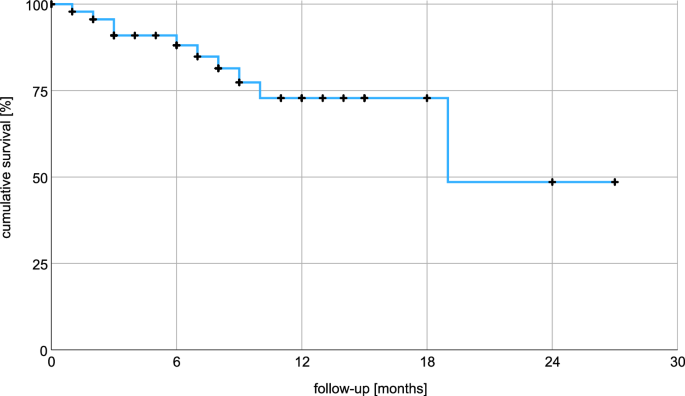2024-10-15 カナダ・コンコーディア大学
<関連情報>
- https://www.concordia.ca/news/stories/2024/10/150/one-third-of-childhood-cancer-survivors-experience-significant-fear-that-it-could-come-back-new-concordia-study-reveals.html
- https://jamanetwork.com/journals/jamanetworkopen/fullarticle/2824358
成人の小児がん生存者におけるがん再発の恐れ Fear of Cancer Recurrence in Adult Survivors of Childhood Cancer
Alex Pizzo, MSc; Wendy M. Leisenring, ScD; Kayla L. Stratton, MSc; et al
JAMA Network Open Published:October 3, 2024
DOI:10.1001/jamanetworkopen.2024.36144

Key Points
Question What is the prevalence of and related factors for clinically significant fear of cancer recurrence in adult survivors of childhood cancer?
Findings In this cross-sectional study of 229 North American adults who survived childhood cancer, one-third of survivors reported experiencing elevated fear that their primary cancer will recur or a subsequent malignant neoplasm will develop. Fear of cancer recurrence was associated with chronic health conditions, treatment-related factors, anxiety, depression, and perceived health status.
Meaning These findings suggest that fear of cancer recurrence is common among adult survivors of childhood cancer and targeted interventions are needed.
Abstract
Importance Fear of cancer recurrence is common among survivors of adult-onset cancer and associated with increased distress, functional impairment, and health care utilization. However, little is known about the prevalence and risk factors of fear of cancer recurrence among adult survivors of childhood cancer who are also at high risk for subsequent malignant neoplasms.
Objective To characterize the prevalence of and risk factors for clinically significant fear of cancer recurrence in adult survivors of childhood cancer.
Design, Setting, and Participants This cross-sectional investigation included participants recruited from the Childhood Cancer Survivor Study, a retrospective cohort study of long-term childhood cancer survivors treated at 31 institutions between 1970 and 1999 across North America. Participants were recruited and completed psychosocial measures via online survey between October 2018 and April 2019. Cancer and treatment-related variables were abstracted from medical records. Data were analyzed from May 2023 to July 2024.
Main Outcomes and Measures Clinically significant fear of cancer recurrence was assessed via the Fear of Cancer Recurrence Inventory-Short Form. Poisson regression models estimated prevalence ratios (PRs) with 95% CIs adjusted for age and sex to examine the associations of demographic, disease, treatment, and psychosocial variables with fear of cancer recurrence.
Results The final sample included 229 adult survivors of childhood cancer (115 female [50.2%]; mean [SD] age, 39.6 [9.9] years; mean [SD] time since diagnosis, 31.7 [8.4] years). Among survivors, 38 (16.6%; 95% CI, 11.6%-21.6%) reported clinically significant fear of cancer recurrence, and an additional 36 (15.7%) reported high fear of cancer recurrence. Clinically significant fear of cancer recurrence was associated with unemployment (PR, 2.5; 95% CI, 1.3-4.8), presence of neurologic chronic health conditions (PR, 3.3; 95% CI, 1.8-6.1), treatment with pelvic radiation (PR, 2.9; 95% CI, 1.5-5.6), and amputation or limb sparing surgery (PR, 2.4; 95% CI, 1.2-4.9). Higher risk of clinically significant fear of cancer recurrence was also associated with having either elevated anxiety or depression (PR, 2.6; 95% CI, 1.2-5.9), having both elevated (PR, 3.2; 95% CI, 1.2-8.4), and perceived poor health status (PR, 3.0; 95% CI, 3.1-9.7).
Conclusions and Relevance Decades following treatment, one-third of childhood cancer survivors in this study reported elevated fear their cancer will recur or a subsequent malignant neoplasm will develop. Findings suggest that fear of cancer recurrence should be routinely screened, and clinically significant symptoms intervened upon as a part of survivorship care.


